Into the Wild: Tips to Survive the Great Outdoors
Gerriline Fouché, 14 February 2019
Reading time: 8 minutes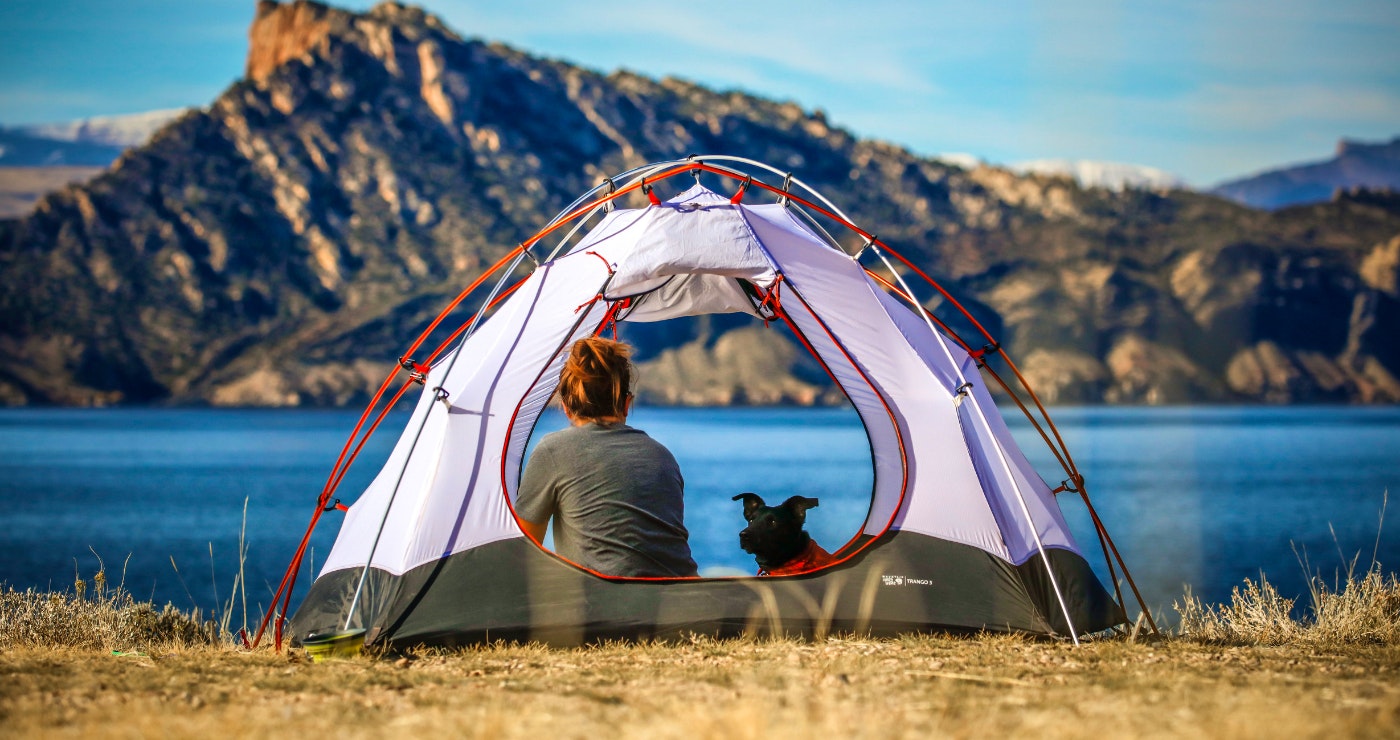
The great outdoors has always been humankind’s best friend and, simultaneously, its worst enemy. Starting out as quasi campers, we sat in dark caves around glowing fires, slowly discovering the miracles of Mother Nature that would keep us alive, whilst hiding from the weapons she has so often yielded against us. Over 200 000 years we homo sapiens have evolved into walled-up creatures, preferring the comforts of posturepedics and thread counts, and yet the Stone Age has long since passed, some of us periodically muster up the courage to go back to our original habitat in the hopes of seeing and using nature in the way we once did.
Christopher McCandless, aka Alexander Supertramp, once said: ‘It is the experiences, the great triumphant joy of living to the fullest extent in which real meaning is found.’ Despite him meeting his unfortunate demise in the great outdoors that he cherished so much, a lot about survival in nature can be learned from a figure like him. The literature on surviving the outdoors pose endless pages of resources, but nonetheless we have taken it upon ourselves to condense this information into a short camping survival guide. When following these laws of the outdoors, you’ll soon learn the lay of the camper’s land and become a master of the greatness that nature has to offer.
Make your shelter a sanctuary
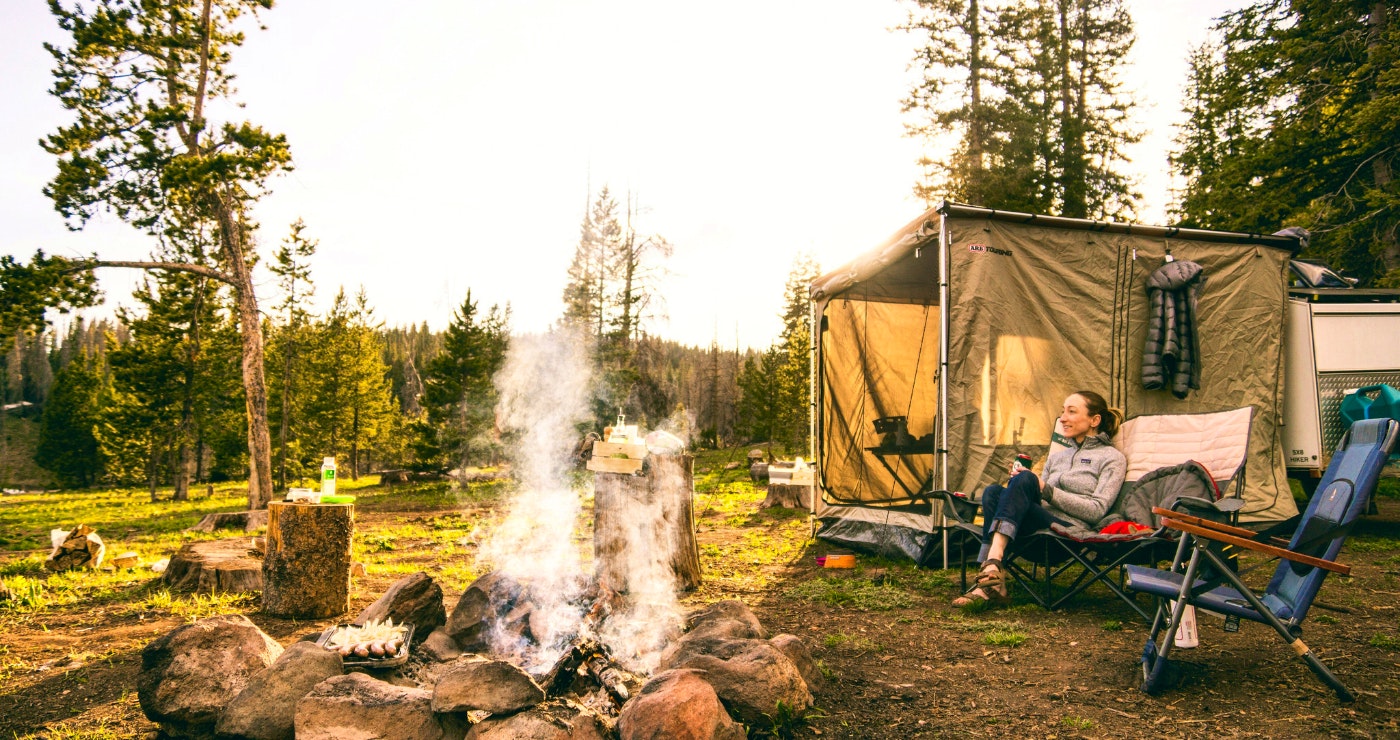
Like most things in life, turning your camping shelter into a sanctuary is mostly something that should be left up to choice and not chance. Deciding where to plant your flag demands strategic thinking and know-how. Here are a few things to keep in mind:
Treacherous trees
We all want to keep it cool when camping ─ that is the tents, I mean. Sweltering upon entering a tent is nothing short of torture, so we tend to plan our set up around where the most shade will be during the day. It is, however, important to bear in mind that a magnificent tree can cause mighty destruction once it decides to enjoy some horisontal time. So, always keep your eyes open for spots littered with fallen branches and debris ─ avoiding these spots could keep you from pushing daisies.
Survey the surroundings
When scouting a spot to set up camp, it’s important to decide which qualities you’re looking for in a camp terrain. Do you want privacy in the middle of an unspoilt desert far from civilisation, or do you prefer having a few neighbours to converse with and ablution within arm’s reach? Are you looking for a romantic escape, or are you in need of a child-friendly campsite? If you don’t consider these elements before hitting the road, you might be in for a stay you’d rather have avoided. So, be sure to do as much research as possible on the campsite you’ll be visiting before you make a booking. There is something out there for everyone, as long as you ask the right questions.
Avoid the wind beneath your wings
When setting up camp, always make sure to protect yourself against those mighty gusts of wind that always seem to flourish when the campfire reaches its smokiest point. Always refrain from placing your tent downwind from your campfire to avoid turning your tent into a smoke machine.
Keep the bugs at bay
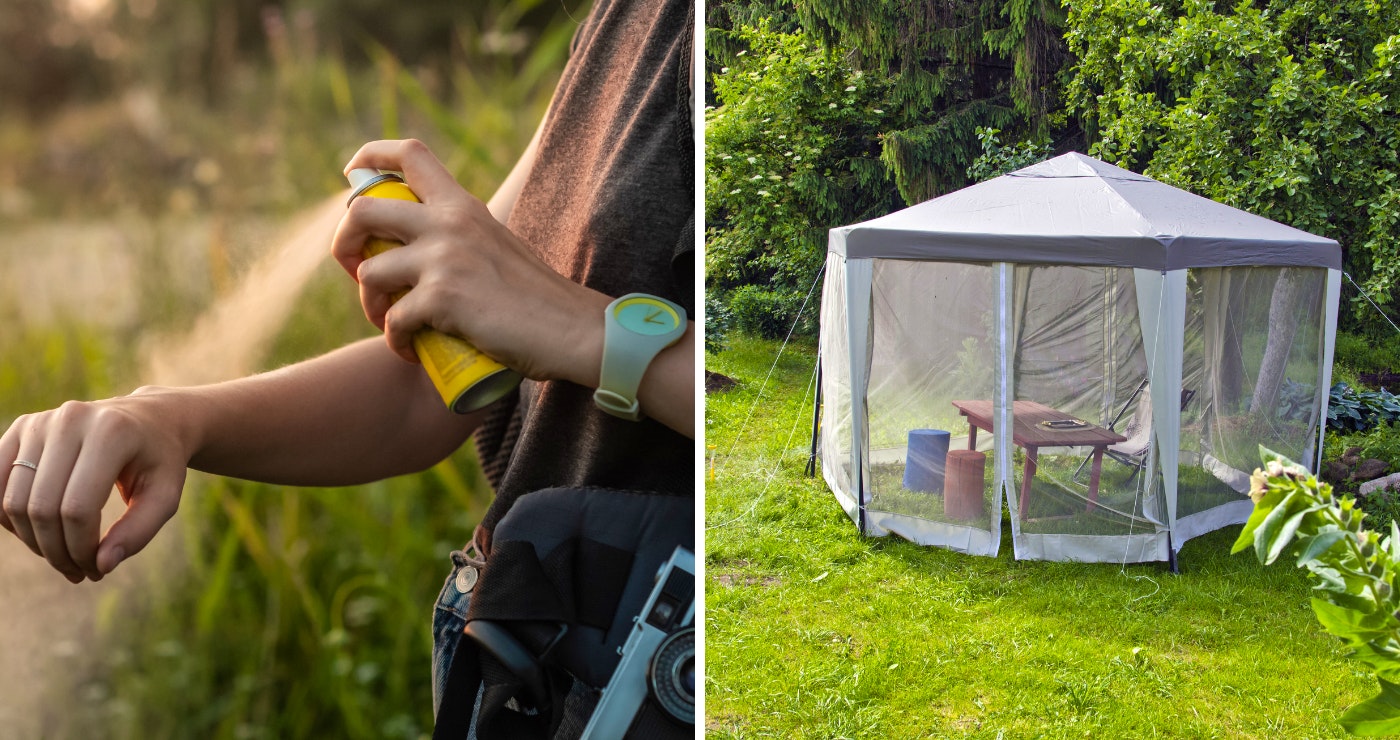
The flying and crawling creatures of the animal kingdom have been the culprits behind many a sleepless night under the stars. Heading into the wild without some form of protection against insects is therefore not unlike heading up a creek without a paddle. Luckily, the repellent armoury has grown quite extensive given the popularity of the twenty-first century’s tented travelling trends. Here are a few ways to keep those pesky bugs at bay:
Natural repellent
If you’re visiting an area that isn’t too far off the beaten track, you’re sure to find sufficient refuge in natural or herbal solutions. Lavender has proven to be a strong contender within the natural repellent realm and many sunscreens contain lavender oil to keep your skin protected from the mosquito mischief. Alternatively, you can always keep a few cloves of garlic at hand. Just as much as garlic will keep your partner miles away, it also has a way of keeping the bugs at bay. Hang some raw cloves around your campsite and rest assured you’ll have a bug-free stay.
Mosquito nets
Spending the night snuggled up in your sleeping bag under the stars sure sounds idyllic when you start thinking about it. But the realities of the outdoors can sometimes taint your fantasies with a nasty bug bite. Never lay your sleepy head down under the stars without a light mosquito net covering your body. Mother Nature can play some cruel tricks on us humans when she feels like it ─ make sure you cover your bases.
Screen rooms
When all other methods have failed you, a screen room can be a trusty shield against the flying and crawling masses. These tents are designed to protect you from the bugs, while still allowing you to enjoy the outdoors. A screen room is basically a tent with screen walls. This nifty utility allows you to block any bug army trying to invade your sanctuary and enables you and your friends to enjoy an irritant-free outdoor stay.
Crack the campsite cooking code
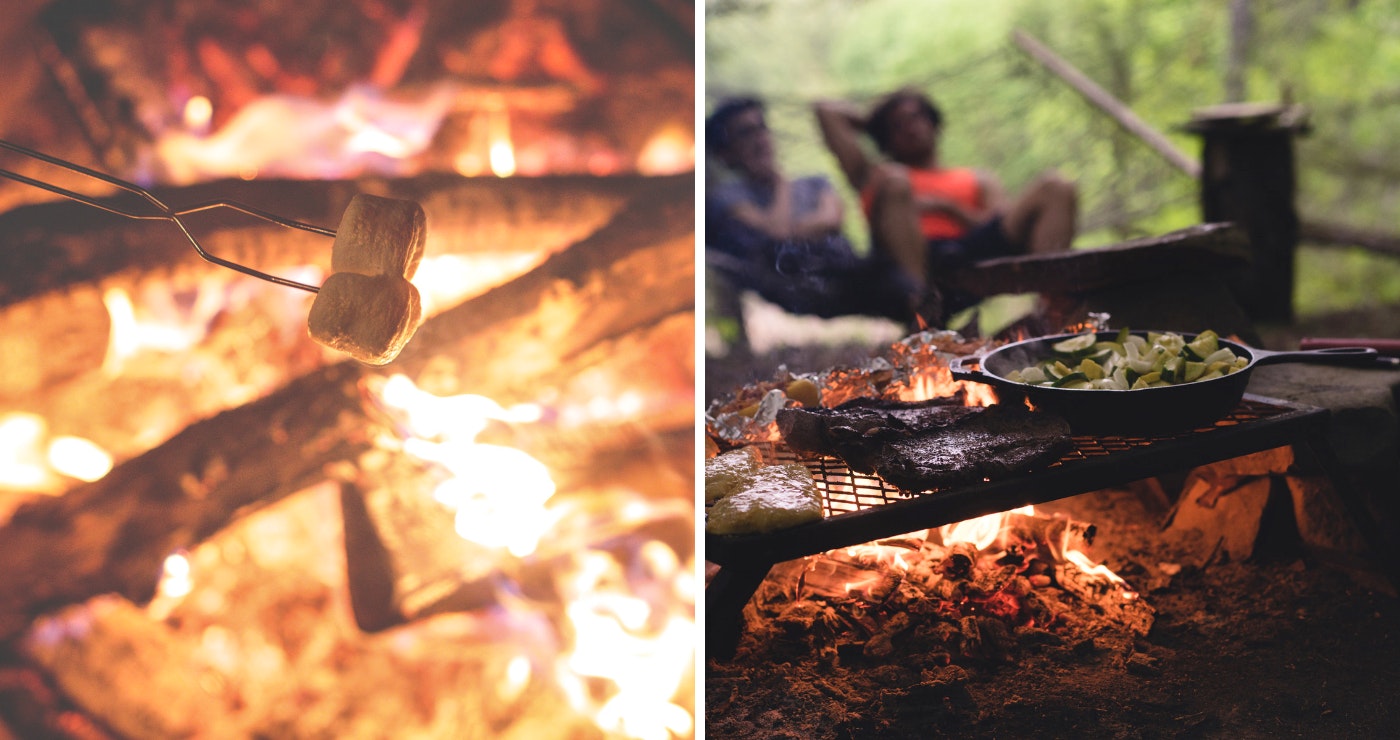
Despite popular belief, camping is not (and should never be) a chore. Preparing meals in the outdoors can seem like a daunting task to those of us who have become best friends with our microwaves. And seeing as kitchens aren’t portable yet (surely Elon Musk will eventually help us with this dilemma), planning and innovation is key when it comes to campsite cooking. Well, we think we’ve cracked the code in this regard. Just follow these campsite-cooking tips to enjoy an effortless meal in Mother Nature’s backyard:
Plan and prepare as much of your menu before you even start packing
This sounds obvious, but seeing as campers often find themselves in a flat spin when they start preparing their meals at the campfire, it’s still worth mentioning. Be sure to measure and chop all your ingredients and pack them neatly in order of the meals you plan to make. Using zip-lock bags will also keep your dry ingredients from getting wet and wet ingredients from leaking all over everything else.
Only pack what you are prepared to use, carry and wash
We don’t like to admit it, but there is an over packer living inside every one of us. It’s nothing to be ashamed of, but it’s something to bare in mind when packing the cookware and ingredients you think you’ll use on your camping trip. That’s why you should always ask yourself three questions when you’re packing your food-preparation crates: Will you use this, are you prepared to carry this to the campsite and are you willing to wash this outside the comfort of your own kitchen? If the answer is yes to all three, then go ahead and pack that pan, but always try to be as conservative as possible when packing. You’re going on holiday, not moving abroad!
Make your cleanup as convenient as possible
So, you’ve planned a killer menu, prepared a delicious meal, and eaten like a king. Sounds like bliss, right? Well, not quite. In some far corner of your campsite there is a fairly large heap of dirty plates and glasses glaring at you like a disappointed parent. You know you have to make short work of this, so consider these suggestions. Firstly, create a storage plan. Use one large storage container for clean items, one for dirty ones, and one to wash up in. Also, always pack a roll of garbage bags with your camping gear. Despite most campsites having garbage bins, you don’t want to walk a marathon just to get rid of a sandwich bag. Lastly, teamwork is key. Make a schedule for washing up as soon as you arrive at the campsite. That way you can share the load and no one can be accused of slacking.
Avoid the woes of wet wiping

Sometimes us campers need to face treacherous territory when nature calls, and when she calls, you don’t want to get caught with your pants down (literally). So, to insure smooth sailing, I have a small, yet trusty tip to keep your toilet paper dry and easy to access. Just take a round plastic tub to put the toilet paper in and cut a slit in the side to pull the toilet paper out ─ just like a sellotape holder. This way you don’t have to fear dropping your white gold in the mud on that 02:00 nature run!
With all this knowledge in your back pocket, it’s finally time to enjoy the world the way Christopher McCandless did: Experience ultimate freedom, be an extremist, and become an aesthetic voyager whose home is the road. Book your outdoor stay and go into the wild!
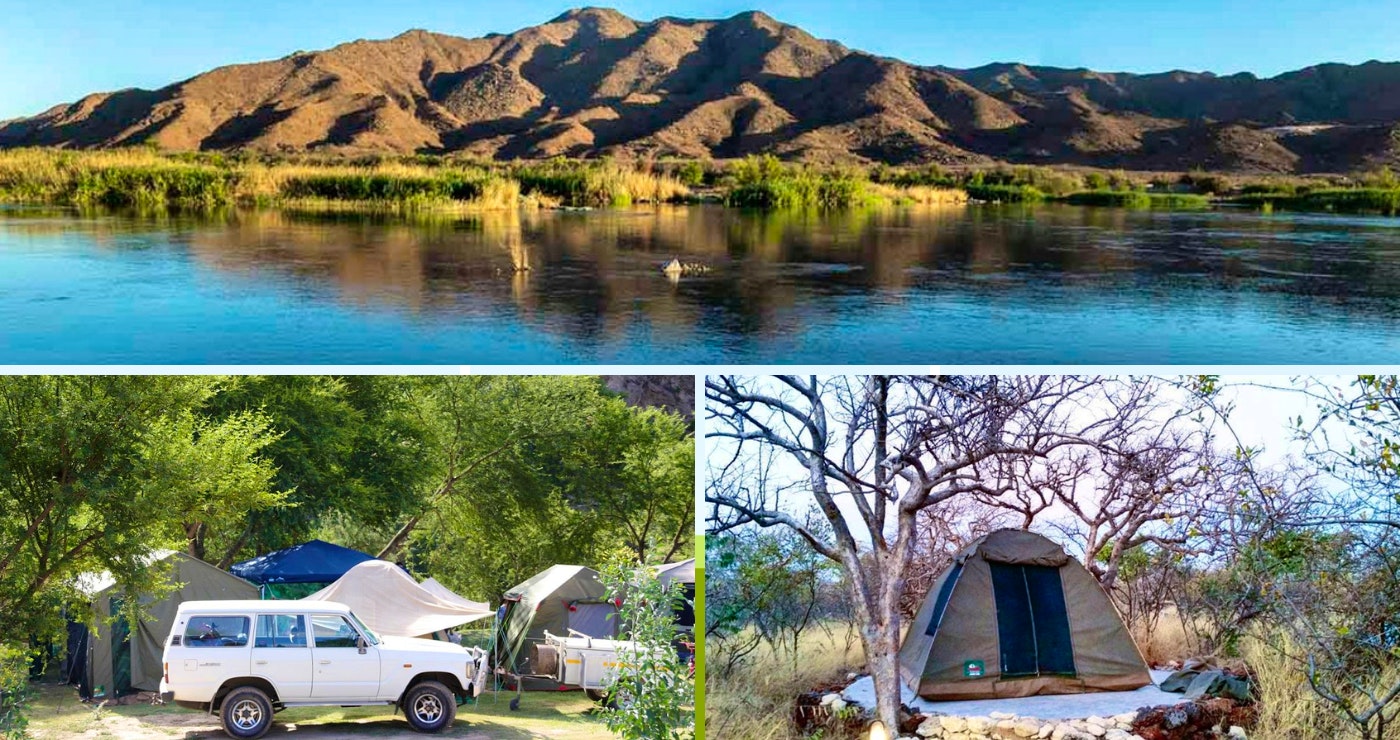 SANParks Richtersberg Camp Site │ Gourits River Eco-Camping │ Etosha Village Camping
SANParks Richtersberg Camp Site │ Gourits River Eco-Camping │ Etosha Village Camping
***
‘No longer to be poisoned by civilization he flees, and walks alone upon the land to become lost in the wild.’ Christopher McCandless
Feature Image: Unsplash








